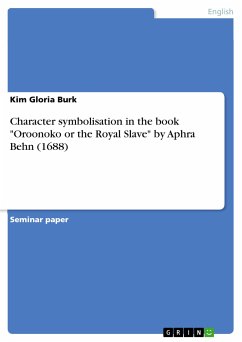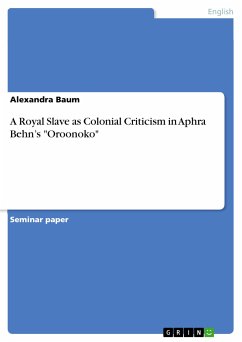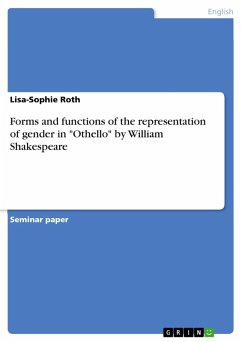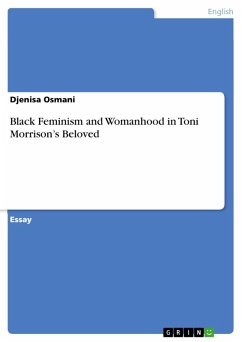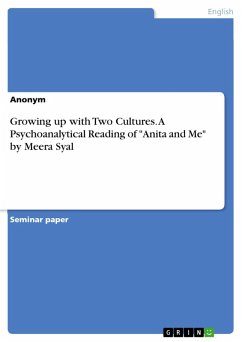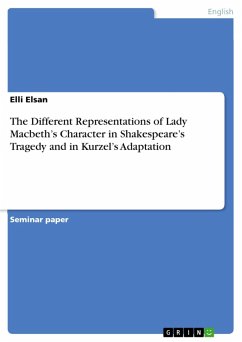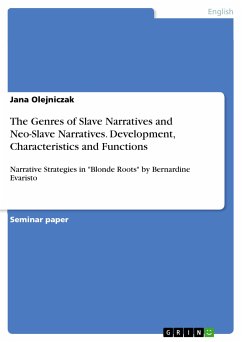
The Genres of Slave Narratives and Neo-Slave Narratives. Development, Characteristics and Functions (eBook, PDF)
Narrative Strategies in "Blonde Roots" by Bernardine Evaristo
Sofort per Download lieferbar
Statt: 15,95 €**
13,99 €
inkl. MwSt. und vom Verlag festgesetzt.
**Preis der gedruckten Ausgabe (Broschiertes Buch)
Weitere Ausgaben:

PAYBACK Punkte
0 °P sammeln!
Seminar paper from the year 2020 in the subject English Language and Literature Studies - Literature, grade: 1,7, University of Wuppertal, course: Black British Neo-Slave Narratives, language: English, abstract: This paper focuses on the importance of remembering the slave trade in all his cruel facets. Therefore, the genre of the original slave narrative and the genre of the neo-slave narrative is introduced. The second part of the paper provides an analysis of the novel 'Blonde Roots', by Bernardine Evaristo (2009). The colonial era and the legacy of slavery left a serious mark on the whole ...
Seminar paper from the year 2020 in the subject English Language and Literature Studies - Literature, grade: 1,7, University of Wuppertal, course: Black British Neo-Slave Narratives, language: English, abstract: This paper focuses on the importance of remembering the slave trade in all his cruel facets. Therefore, the genre of the original slave narrative and the genre of the neo-slave narrative is introduced. The second part of the paper provides an analysis of the novel 'Blonde Roots', by Bernardine Evaristo (2009). The colonial era and the legacy of slavery left a serious mark on the whole world; Especially present-day Great Britain has to face the consequences of its role in colonialism ever since. Between 1500 and 1900, nearly 12 million African slaves were brought from their homeland to America and to Europe. Via the Transatlantic Slave Trade, British ships sent rare cargoes, like rum, cotton wool and gunpowder to Africa, in exchange for potential slaves. When the slave ships arrived in the 'New World'2, African slaves were forced brutally to harvest coffee, sugar and tobacco on plantations. Eventually, the British ships, filled with the plantation yield, settled to their home ports in Europe.
Dieser Download kann aus rechtlichen Gründen nur mit Rechnungsadresse in A, B, BG, CY, CZ, D, DK, EW, E, FIN, F, GR, HR, H, IRL, I, LT, L, LR, M, NL, PL, P, R, S, SLO, SK ausgeliefert werden.




